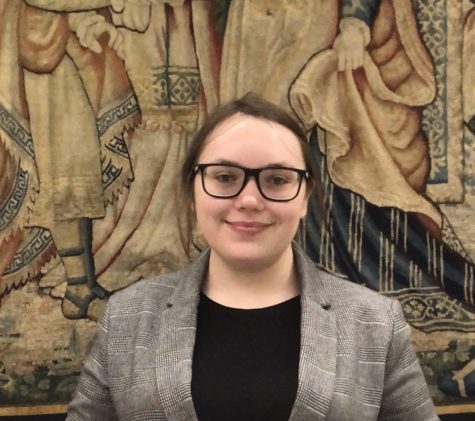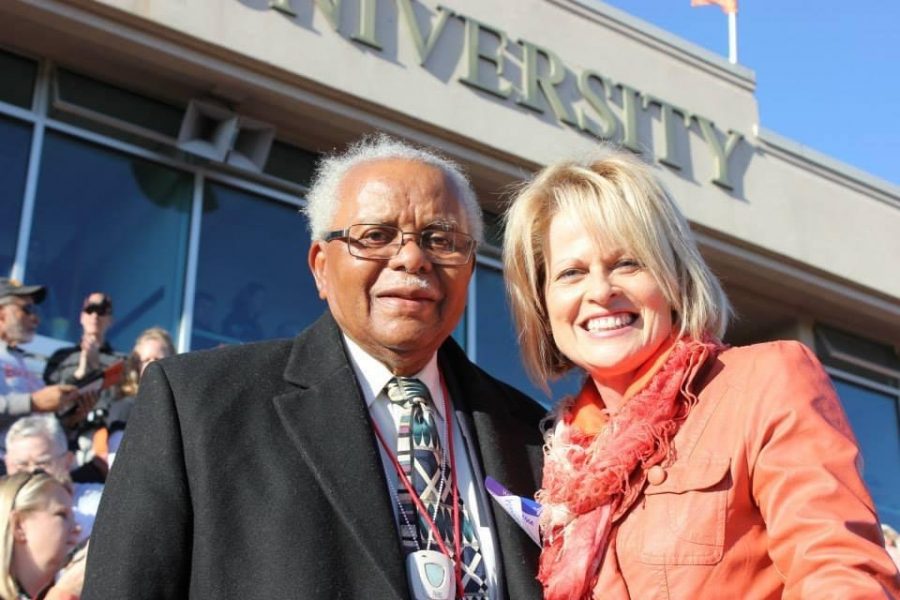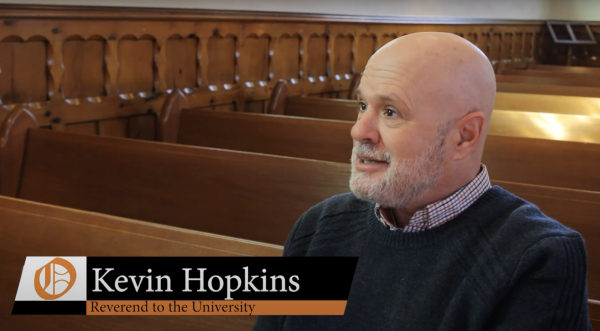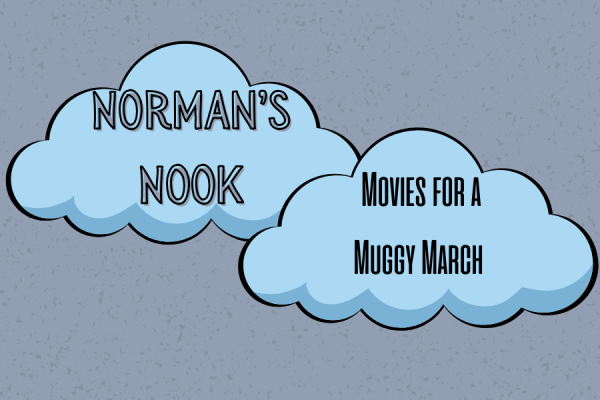First Black professor at Baker University Jesse Milan’s life remembered
Jesse Milan, the first Black professor at Baker University, died on Feb. 8 at the age of 92. While Milan accomplished many things over his lifetime, one of his lasting impacts on Baker was the founding of the Mungano organization.
Milan began Mungano in 1969 after he saw a lack of opportunities and social groups for Black students on campus. Mungano’s full name is Mungano Wa Wanafunzi Weuzi which means brothers and sisters united.
Nate Houser, athletic director, was a student at Baker University from 1990-1994 and was a member of Mungano.
“I think he is a pioneer and probably one of, if not the most important Black voices that we have had on campus,” Houser said.
Houser recalled how in the wake of the LA Riots after the police brutality against Rodney King, Milan lead the group with both strength and empathy.
“He tried to empower as many people as he could,” Houser said.
Houser recalled that when he was a member of Mungano, a lot of students were from California and had a different worldview from most students on campus.
“It was interesting to see all of us try to find our own common space to really take and choose ways forward,” Houser said. “Dr. Milan was very helpful in letting us make decisions but guiding us and keeping us on track.”
Teresa Clounch, former associate dean of students, director of residential life and director of multicultural affairs, also knew Milan when she began working on campus in 2007 until she left in 2017.
“Dr. Milan wanted to make sure that we knew as a community, we are stronger together than we are as individuals. The presence of Mungano at Baker University is unique and historic,” Clounch said.
Clounch, who during her time at Baker University served as faculty advisor to Mungano, spoke to the importance of the organization.
“Today, the organization intentionally, just as it did at its inception, has been a place where students can gather, network, socialize and learn from each other as well as from alumni. A predominantly white institution, such as Baker, offers many resources for support and success,” Clounch said.
Clounch also spoke on the importance of Mungano in fostering diversity for Baker University.
“Mungano is the glue that brings different folks together to let them know they are important members of the community,” Clounch said. “I cannot imagine Mungano not being a part of the Baker University community as it is bringing people together for a common goal of supporting each other.”
Besides being the first Black professor for Baker University, Milan was also the first Black teacher to work in the Lawrence public school district. According to his obituary, Milan was hired to the district the same year the U.S. Supreme Court ruled in the Brown V. Board of Education case.
During his time in Lawrence, Milan worked to create the first integrated public pool in Kansas and left Lawrence in 1971 to serve as regional director of compliance for the Office of Fair Housing and Equal Protection for the U.S. Department of Housing and Urban Development.
Milan left Baker University in 2001 and received an honorary doctorate in education from the university. At the age of 75, Milan completed a two-year course and was ordained a deacon for the Episcopal Church.
Though he stopped teaching at Baker in 2001, Milan still worked to improve diversity on campus and the betterment of the student body.
“After his tenure as a faculty member, he continued to bring students from the Kansas City metro area to Baker University so they could learn about the academic opportunities and understand the support system they would have as a Baker University Wildcat,” Clounch said. “His impact on the lives of students has been rippling through the State of Kansas and the world because of his love and care he had for students.”
While Milan is known for his many achievements, the people who remember him speak about the compassion and empathy he displayed during his lifetime.
Houser said Milan was a person who was incredibly passionate and welcoming. He explained that Milan was the type of person who would always leave a door open for anybody who needed it.
Clounch spoke about how Milan’s presence on campus positively affected underrepresented students.
“His support of the students who were underrepresented was foundational to their success as students and members of the community. His presence, persistence and perpetual support of the students was his legacy,” Clounch said.
Houser also stated what he believes Milan’s lasting legacy to the university is.
“His legacy is that everyone can see themselves in doing the right thing. Everyone can see themselves in strength, in empathy. That you are not limited by your race, or gender, or where you come from,” Houser said.
Milan utilized this desire to help people when he taught his students.
“He was never teaching from ego. He was always reaching from a place of empowerment, this wasn’t just for Black students, it was for all students. We used to use the allegory of the cave here, and he did a really good job of painting that picture,” Houser said. “As people of color continue to have a bigger and broader voice, he was really good at being able to say here is how you can use this since he was further down the road than all of us.”
Clounch believes that Milan worked to better the lives of those around them.
“I would describe him as a person who has made the lives of others better by believing in them and providing them opportunities to succeed. If I have learned anything from Dr. Milan, it is to give unconditionally to others,” Clounch said.
When reflecting on Milan’s role as the first Black professor, Houser considered the responsibility Milan must have felt.
“I cannot imagine the weight of that emotionally…that he is truly a pioneer in what he is doing. The weight of that responsibility must be incredible,” Houser said.

Jamie Pellikaan is a senior majoring in History and Religious Studies with minors in Mass Media, Primary Texts and Creative Writing. She is the current...










